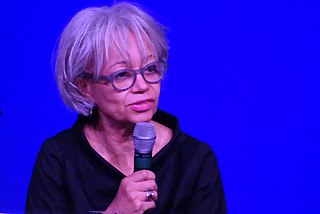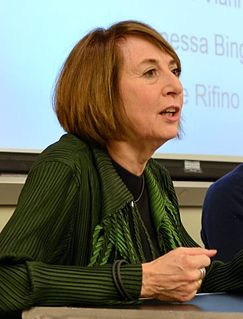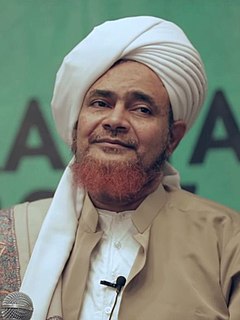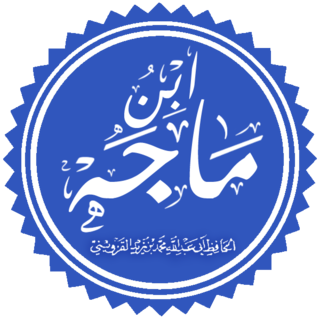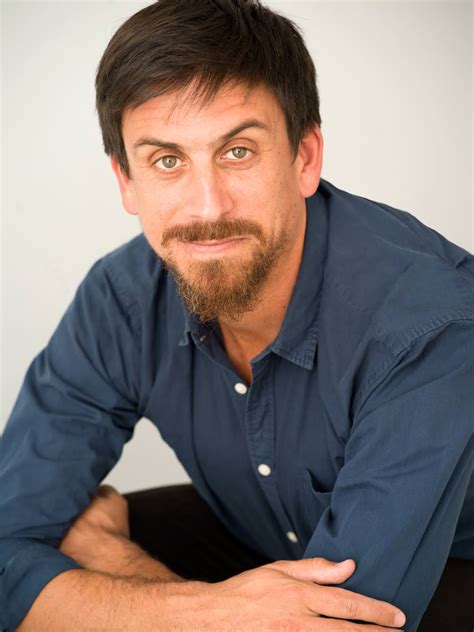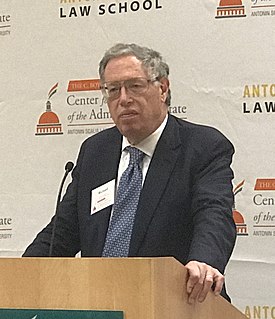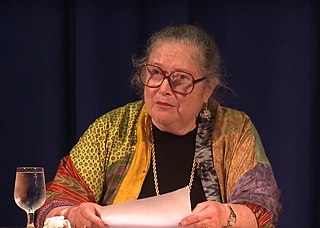A Quote by Patricia J. Williams
Martin Luther King's 1963 'I have a dream' speech was a thrilling milestone in the civil rights movement, so enduring that we tend to attribute its searing power to a kind of magic. But Gary Younge's meditative retrospection on its significance reminds us of all the micro-moments of transformation behind the scenes--the thought and preparation, vision and revision--whose currency fed that magnificent lightning bolt in history.
Quote Topics
Attribute
Behind
Behind The Scenes
Bolt
Civil
Civil Rights
Civil Rights Movement
Currency
Dream
Enduring
Fed
Gary
History
Kind
King
Lightning
Luther
Magic
Magnificent
Martin
Martin Luther King
Micro
Milestone
Moments
Movement
Power
Preparation
Reminds
Revision
Rights
Rights Movement
Scenes
Significance
Speech
Tend
Thought
Thrilling
Transformation
Us
Vision
Whose
Related Quotes
That was exciting to be able to comment on civil rights. I mean, the civil rights movement that young people don't know about today, but Martin Luther King was considered by the establishment press in the early years of the sit-in movement as a dangerous man, and he was the equivalent at that time as Malcolm X. And he was told to stop his demonstrations; they were against the law and all of that. Now that he's sainted and sanctified we've forgotten.
How blind to believe the civil rights movement ever ended. The civil rights movement never ends, and it never will. It has been marching since the beginning of time. Where Martin Luther King started is where Gandhi left off, and where he started, Abe Lincoln left off, and before that Whitfield all the way back to Moses. God has not moved. We have. But it is never too late. We are not at the mercy of these events. We can alter the course of history. We can stand against the dangerous arc of this story. But we need people who are willing to speak truth.
